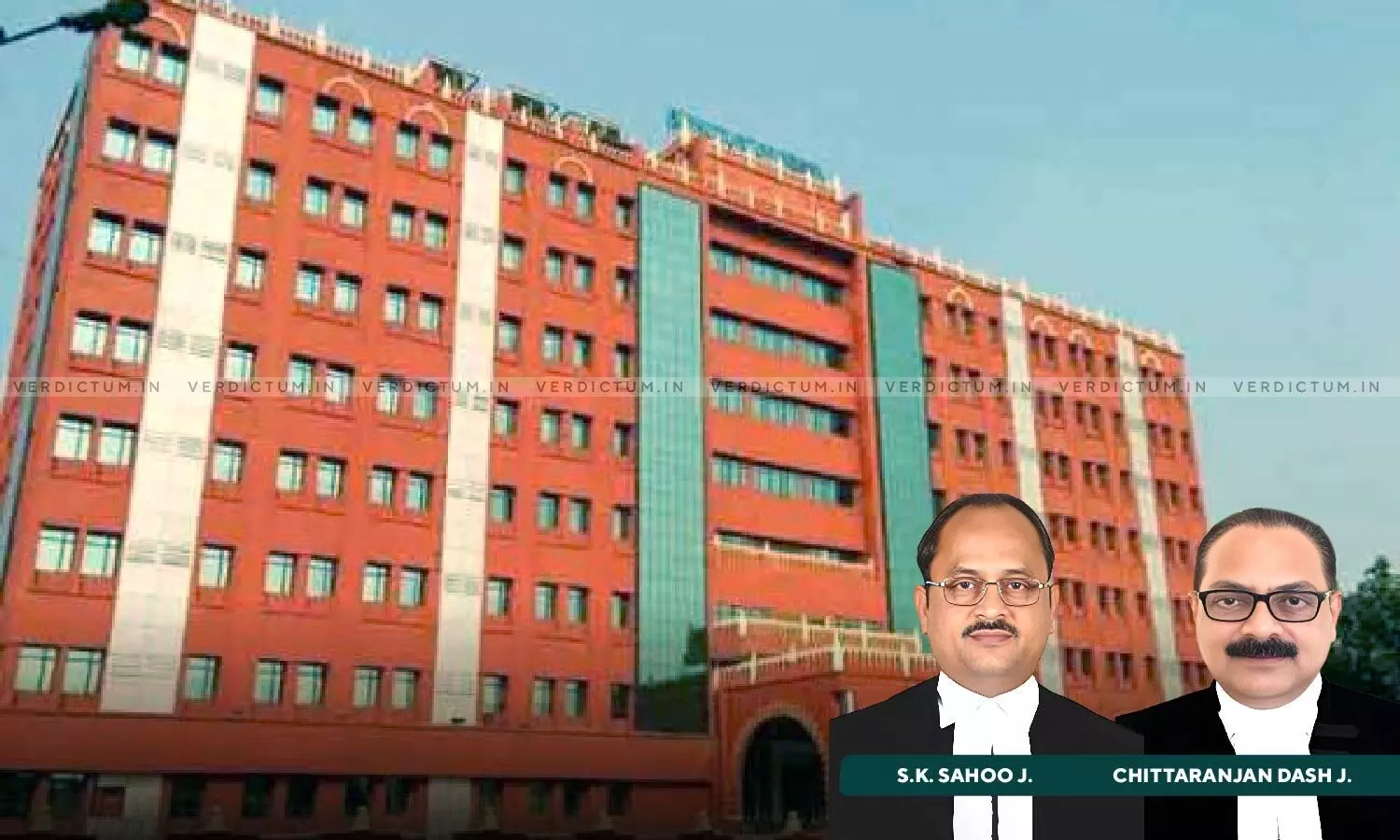
Failure To Procure Viscera Report In Poisoning Cases Is A Serious Lapse: Orissa HC Acquits Murder Accused
 |
|The Orissa High Court, while acquitting a murder accused, observed that the failure of Investigation Agency to procure viscera report in poisoning cases is a serious lapse in the investigation.
The Court noted a critical issue with the viscera report recorded in the Trial Court proceedings. The Court noted that the report was neither obtained through the standard protocol of the Forensic Science Laboratory nor was formally presented as evidence, or incorporated into the doctor's opinion.
“Therefore, in view of the directions of the Hon’ble Supreme Court, omission on the part of the investigating agency in sending the viscera for examination and collecting the viscera report after the same is prepared by the Forensic Science Laboratory tantamounts to dereliction in obeying the order of the Hon’ble Highest Court, which is nothing less than a misconduct”, the Bench comprising Justice S.K. Sahoo and Justice Chittaranjan Dash observed.
Advocate Sougat Das appeared as Amicus Curiae and Additional Government Advocate Arupananda Das appeared for the State.
The Appellant, Prasanta Kumar Moharana, was tried by the Trial Court, for an offence under Section 302 of the Indian Penal Code, specifically the murder of Dhaneswar Moharana in the village of Brahmana Alandia. The Trial Court, in its judgment and order, held the appellant guilty. As a result, the Appellant was sentenced to life imprisonment and was also directed to pay a fine of Rs.5,000/- (rupees five thousand). In case of default in paying the fine, the Appellant was to undergo rigorous imprisonment for an additional period of six months.
Per the First Information Report (F.I.R.), the deceased visited his maternal uncle's house in the same village. After drinking milk there, he found it bitter and informed his grandmother. He collapsed and was immediately taken to Chandanpur Hospital, where he was administered an injection. Unfortunately, the deceased died on the way, as confirmed by the doctor upon reaching the hospital.
The Court noted that the Appellant's grandmother stated that the appellant was jealous of the deceased due to the deceased's academic success, and at times, the appellant misbehaved with her. On the day of the incident, the deceased visited her house, and after being offered milk, he complained of its bitterness, suspecting kerosene or petrol mixing.
The Court noted that the Trial Court had observed the poison detected in the deceased's body. The Trial Court noted that the viscera found in the deceased’s body matched the poison in the container. However, the High Court observed that the viscera report was neither obtained from the Forensic Science Laboratory (F.S.L.) nor presented as evidence in the case, and was not considered by the doctor for an opinion. The High Court questions how the trial court reached such a conclusion without proper documentation and examination of the relevant forensic report.
The Court observed the fragility of extra-judicial confessions and emphasized the importance of thoroughly examining the surrounding circumstances. The Court raised concerns about the confession's authenticity, particularly in light of the lack of awareness about the alleged poisoning when the confession occurred. The Court noted that the inquest report, specifying death by epileptic fits and omitting any reference to poisoning, cast doubt on the prosecution's assertions. Ultimately, the Bench noted that the prosecution failed to establish a coherent chain of circumstances and lacked clear, reliable evidence supporting the claim of poisoning against the appellant. Consequently, the Bench encountered difficulty in concluding that the Appellant was responsible for the murder of the deceased.
The Court held that the judgment and conviction of the Appellant under section 302 of the Indian Penal Code by the trial court was not legally sustainable.
Accordingly, the Court allowed the Appeal and set aside the order of the Trial Court.
Cause Title: Prasanta Kumar Moharana v State of Odisha